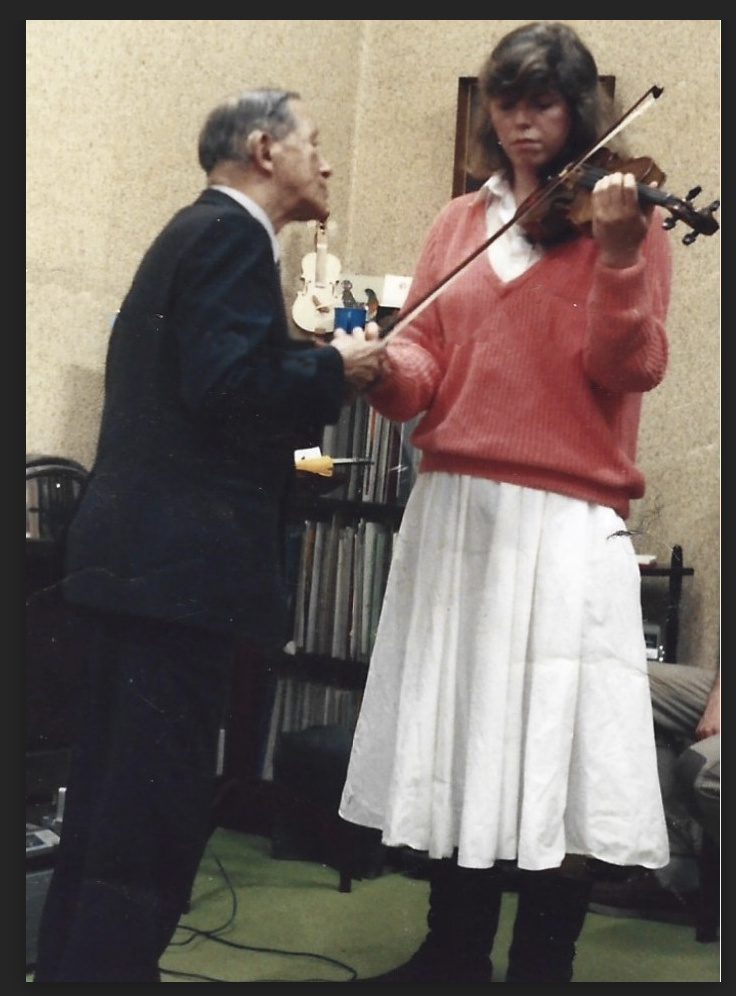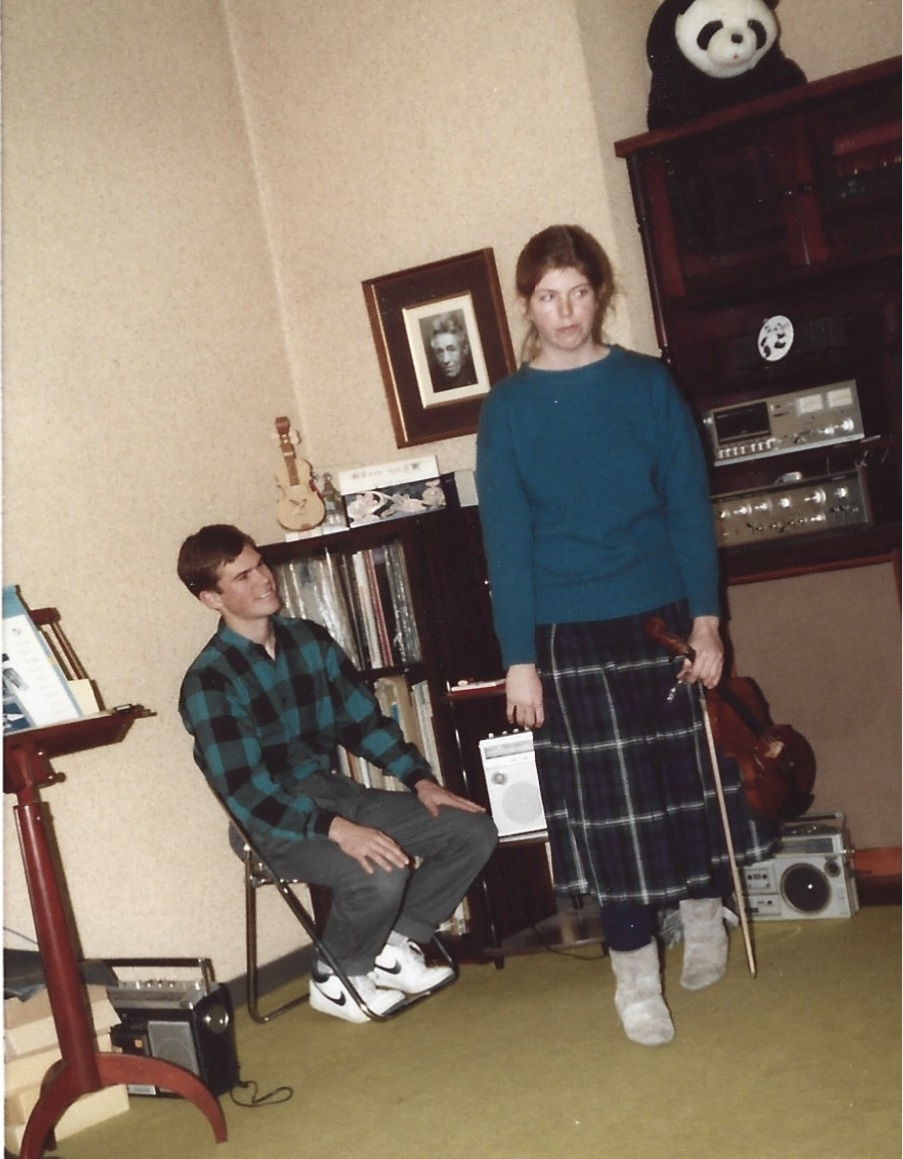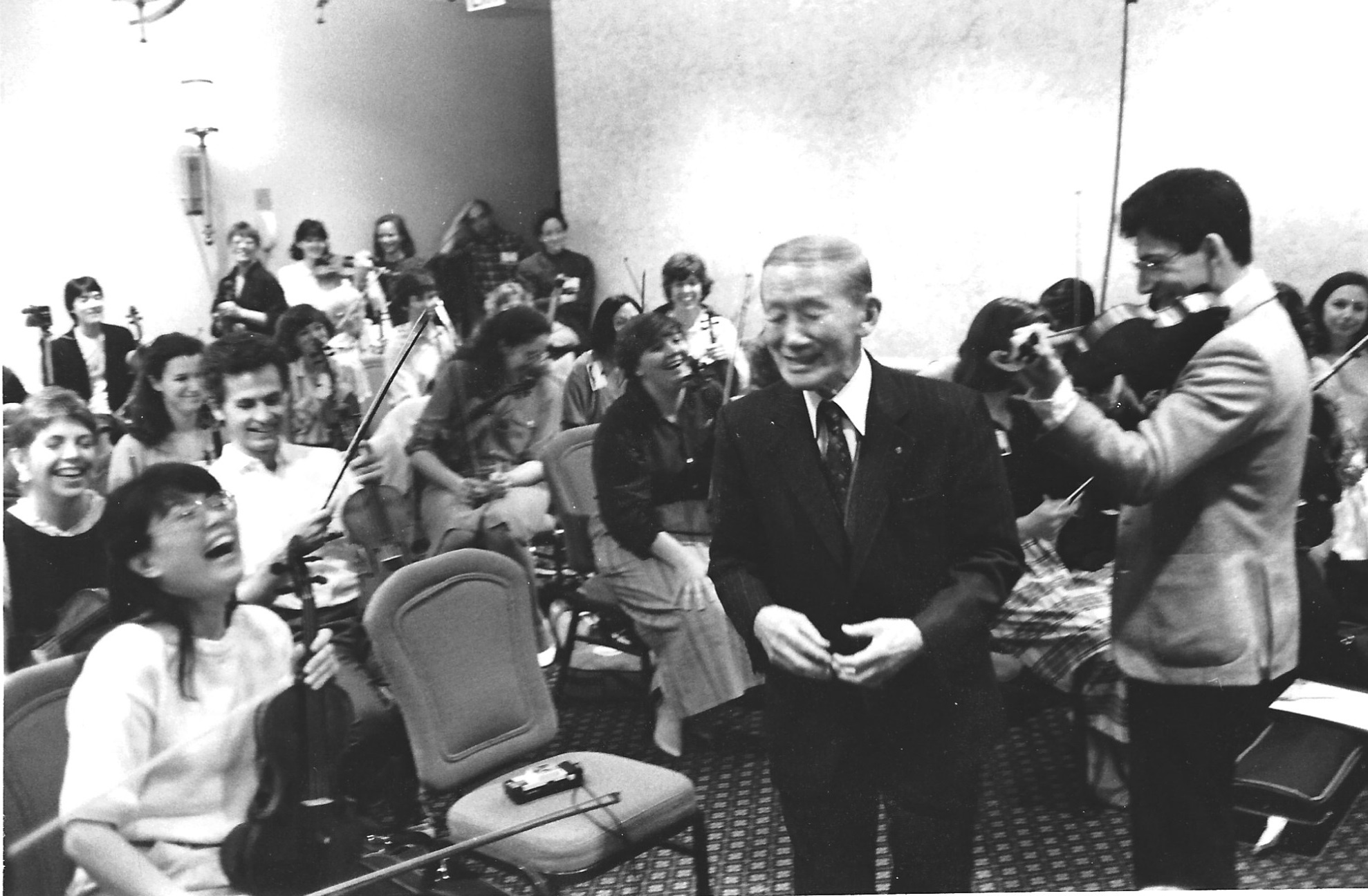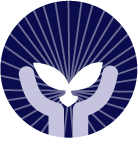Suzanne Barraclough
Suzanne began her violin studies in a new Suzuki program at the University of Lincoln in Nebraska. She graduated from Utah State University with a Bachelor of Music Degree in Violin Performance. She then traveled to Japan to study with Dr. Suzuki, graduating in 1988. She has taught in Suzuki programs and played in various orchestras in Tennessee and California as well as enjoyed teaching at several Suzuki Summer Institutes in the U.S. She has returned to Utah and continues her work in her studio in Salt Lake City.
Name in Japan: Suzanne Brimhall
Other places lived since Japan: California, Tennessee, Indiana
Instrument studied in Japan: Violin
Dates in Japan: September 1985 to June 1987
Years and locations of workshops with Dr. Suzuki that were outside of Japan: 1976 to c. 1998: Berlin, Edmonton, Minnesota, Chicago, San Francisco
Memories
I decided to go to Japan for a long period of time because of my desire to learn the Suzuki Method in depth. I was 22 years old, and I planned on graduating. My trip was not easy to plan. My arrival was interesting (perhaps “hilarious” is more accurate). While in Japan, I lived in a small house with two friends (Susanna and Cassi Han) in Shimauchi among the rice fields, at Saito San’s, then the Ohara’s home, and, finally, Keiko Iriyama’s home, where I helped as a waitress in their restaurant for room and board. Also teaching English classes paid for all my tuition at the school.
There are too many memories to recount, but here are some. Getting food was tricky at first. The winter weather was very severe with no real indoor heating. I used cans of coffee from the 7-Eleven to hold while walking to school to keep my hands warm. The sento (public bath) was great, as were the onsen (hot springs)!
Concerning instrumental study, consistent two-hour group classes and cookie time each day were key. Individual lessons consisted primarily of observation of other students, which was wonderful and also key to our learning. Other elements of study included listening and cooperation, service, shuji, opera class, orchestra, history, Getsu Kan, Smith Hall Yoji Gakuen, Miss Mori, Conferences, and the Budokan concerts. I learned that I have not yet learned. I am still trying. Mainly I learned that I am not the center of the universe! I learned how to pay attention and notice others more than myself, to feel others’ actual wants and needs with the sensitivity and intuition inculcated from intense and detailed musical training, then to act, to follow through with this feeling and help with a bold action at the exact moment it is needed -- service at the correct moment in a fun way and with help, a domino effect with joy for all! And Cookie time!
Lesson observation included watching Miss Mori and the Yoji Gakuen. Yoji = such excellent smooth and quick changes to new activities and matching music (quick music for quick somersaults and hopping etc.) This required very advanced understanding, preparation, and intelligence on the part of the teachers. It was like clockwork. Miss Mori’s bold, stern, and demanding ways, yet with deep love, accomplished much. There was much laughter and recitation of haiku.
Core curriculum consistency brings excellence (every day). This was the case in Matsumoto. It included dressing up for respect. Dr. Suzuki wore a three-piece suit each day. Only once in two years did he wear a grey sweater. Casual Friday?
Group classes for kenkyusei were all about tone, tone, tone. Calligraphy was confusing but my very favorite. I loved it. I had Musical Expression class with Takahashi-sensei, who taught deep knowledge. He helped me understand that expression needs to be an actual learned technique before we can just feel it and play it. We needed to know why and how by studying the best opera singers and feeling the effects they made. This was so amazing and helped me later in the USA in orchestral playing etc.
Recitals were a privilege. Monday Concerts started after lunch (around 1:00) and could last until 6:30 PM or even 7:00. “You become Monday Concert!” Concerts were lovely. Graduation concerts were all so very perfect except for mine. So many flowers were given at the end. Flowers took longer than the concert! Performers were given a video of their recitals. There was a tea party after each recital. “Kanpai!” Everyone helped. And be there at group class at 9:00 AM sharp the next day no matter what for the real fun! A sunny day meant good luck for the graduate. A rainy day was not so lucky. Mine was both. Mine was both sad and happy.
Holidays- What Holidays? Oh, when Dr. Suzuki traveled to Sweden for a Conference or something? We went skiing more than once—not formally organized, but so fun! The trip to Hamamastu was formal--fancy great hotel, beach, ocean. Dr. Suzuki took such good care of us!
Summer School was intense but inspiring. The Tokyo Budokan concerts seemed to be organized chaos yet so beautiful! The children were loved so well. I was moved to tears. Students graduated playing Mendelssohn and Tchaikovsky.
And Otōsan and Michiru--I just love them all. And I miss them so much! They are my heroes.
This study influenced me in every possible way. Not a day goes by without reflection. Now I mostly teach, teach, teach. Tone, tone, tone. And I’m learning to be better at service.
Thank you for help.
Additional Memories: Dr. Suzuki’s Laughter
Dr. Shinichi Suzuki was my friend. He brought cookies to me when I stayed late to practice alone in the Kenkyusei room. He gave me gentle hugs before each group class when I was very sad. He cracked jokes, so many jokes and we all laughed so hard together. The kind of laughs where you fling your head back, little tears come, and your stomach hurts a bit. He put up the A-OK sign when I played Chorus for the class, even years after graduation. My friend Joy took a photo so that I would believe it. He took photos of me standing in front of the glass doors outside of the school. When I wasn’t wearing makeup, he called me the beautiful lady. Every time. We all dined together at a fancy hotel where he treated the entire class to beef steak dinners for a pedagogical point. He sent us on a Gondola trip up a lush mountainside so that we could perform Mozart Divertimento inside a splendid wooden hut. That night we all slept together in the one room, warm and close. In the morning we woke to the sound of birds.
One evening, he burst into his studio. I was standing there. I had been foolishly placing the needle of his stereo onto one track of his vinyl record over and over. He slowly and kindly showed me a better way to listen. Together, we sat down and enjoyed listening to all the beautiful music that his record had to offer us.
During my time with Dr. Suzuki, I was able to witness his many great and personal acts of service to others. Life changing help. Every day. Dr. Suzuki demonstrated happy honest service, fearless compassion, remarkable intuition, strength, and an enduring belief in humanity. He believed in the reality that we will one day be living in a world at peace through music. This is the Suzuki Method.
One day when I sat down on the cement stairs near Fukashi Jinja to write notes from group class, Dr. Suzuki walked outside alone. It was a nice sunny day. He began to walk past me but then came straight over very close and told me to stop writing the notes in my book and start writing them on my brain. Later he said I “catch” something. And the book disappeared. Although it is impossible to describe the events surrounding my graduation, I will say that in truth Dr. Suzuki was an unconditionally loving individual friend to each of us. He had us all in mind and his help is with us even now. P.S. When I first arrived, I gave him a very small silly gift. He looked up at me with sad and confused eyes and asked, “Not chocolate?”
Photos in Matsumoto

Suzanne and Dr. Suzuki

With Erik Francis

Laughter

